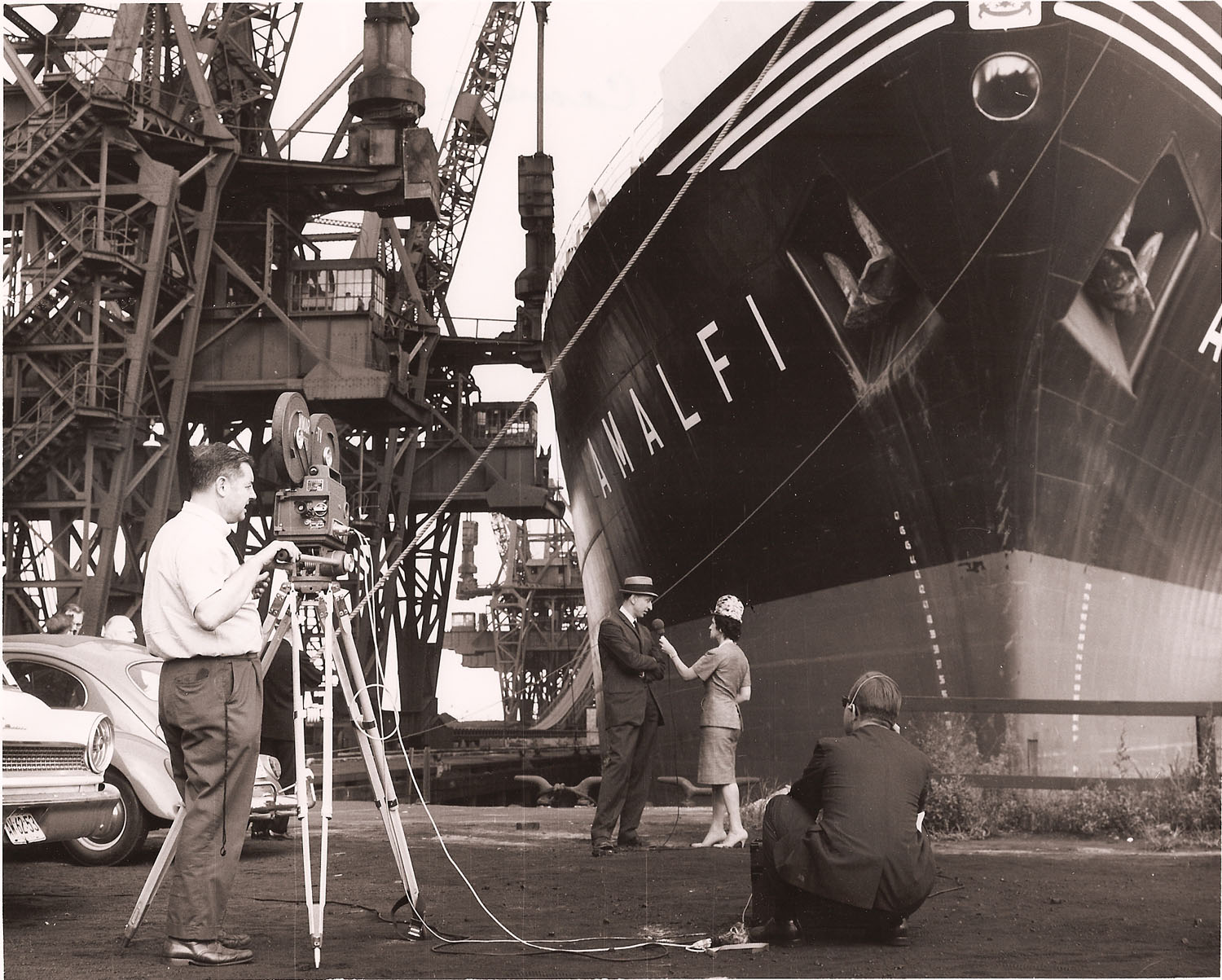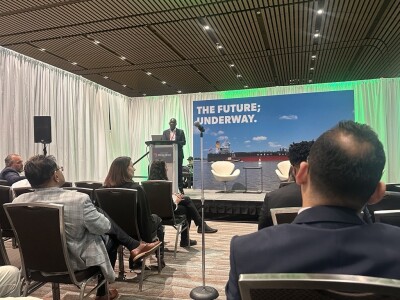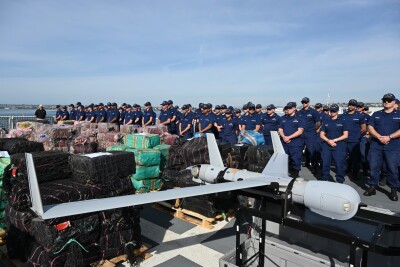While listening to Helen Delich Bentley speak last week I was struck by just how you can learn from the past.
Up there on the podium at the Maritime Administration’s symposium on establishing a national maritime strategy was Bentley, a 90-year-old, self-proclaimed “elderly, bent-over old lady who is still tough,” taking on Washington policymakers and titans of the maritime industry in a finger-pointing speech. The former congresswoman and maritime industry advocate challenged them to speak up, broadcast what they do, and put aside parochial interests to form a national plan that will push their industry forward.
Mrs. Bentley, still feisty as one of the industry’s staunchest supporters, commanded their attention, like a grandmother who has called a naughty boy to task for dragging mud into the house. She offered an historic overview of the ups (and mostly downs) of the maritime industry, and admonished leaders for failing to unite in a common goal. “If you don’t sell the merchant marine, who is going to?”
The merchant marine was thriving as the country emerged from World War II, she said, and merchant ships played an important role in the Allied victory. More than 6,000 ships were built during the four years of the war, and shipyards were busy designing and building vessels and providing solid jobs for workers. But then things fell apart. The economy shifted in new directions, but the industry remained silent about its contribution and usefulness.
“The industry did little or nothing to sell itself and let America know what the merchant marine was all about,” she said.
Bentley recounted how all the major segments of the maritime industry met in New York in 1969 and vowed to come together to promote the U.S.-flag fleet as one voice. But within 72 hours, unity was in shambles as participants retreated to their parochial interests.
Richard Nixon made sea power part of his presidential campaign and supported a shipping act in 1970, but this effort didn’t last long, she said.
That scenario is instructive as the industry attempts to unite and work anew in creating a maritime strategy aimed at reviving a slumping industry that is fragmented, geographically diverse and has witnessed its fleet drop from a high of 1,242 in 1951 to only 69 today.
Bentley’s work on behalf of the industry is instructive in other ways. Aside from serving as a congresswoman from Maryland and as the first female head of the Federal Maritime Commission, she was a maritime reporter for the Baltimore Sun just after the war. Realizing the huge changes on the horizon for the maritime economy and the ignorance among ordinary Americans about the importance of ports and ships, she created a TV show in Baltimore called “The Port That Built The City.” It was a weekly series that brought viewers straight into the inner workings of the Port of Baltimore, taking them onto the docks, into the ships, inside union meetings and into conversations with workers and port officials.
For a show that focused on a nitty-gritty port, it was amazing in that it continued for 15 years until Bentley decided to leave journalism for public service in 1965. The series has now been made into a DVD and it has its own website.
Many others at the Marad symposium complained about the poor job the industry does in promoting itself. Perhaps this 1950s TV show can be a model for what the industry can do in 2014 and beyond.
But a TV show won’t be enough. Such an effort would have to get with the times and launch into social media, finding its way onto YouTube, creating an app and having a Twitter and Facebook account.
These kinds of efforts should be part of Marad’s to-do list when crafting a national strategy and selling it to the public and Congress.
Thanks Mrs. Bentley, for the groundbreaking initiatives that are still relevant 64 years later.





